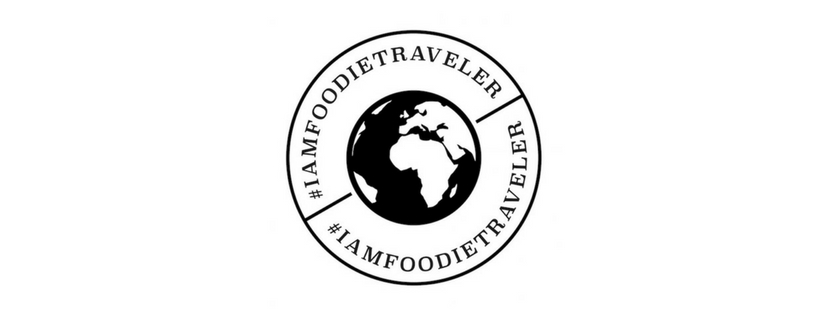How Do We Get Used To The Lack Of Travel?
/How Do We Get Used To The Lack Of Travel?
One of the questions that concern us during this period is, "How can we console ourselves more easily with the idea that we will travel less to nothing? In fact, we may not have a vacation at all this year. What do we tell the children, how do we console ourselves with the idea, what do we do, how do we change the perspective?"
Perhaps some of you are familiar with the 5 phases of loss. They refer not only to mourning after a deceased person but also other more considerable losses (divorce, unemployment, ending a friendship) or smaller ones (loss of an object of sentimental or financial value, loss of an imagined future).
The loss we all suffered in the past is real and valid, even if it is the only loss we have (we continue to work and have income, and all our loved ones are healthy).
We have the right to suffer even after smaller losses, also while other people face more significant cuts.
The phases are the same for any loss, although the subjective experience of each will vary - it will not be the same order, there will be feedback on some of the stages or the time needed to experience the whole process will be equally individualized.
So the inability to travel may seem like an insignificant loss compared to others, but it will also have its process for those who feel it:
Denial ( Sure to return to normal soon. )
Anger ( It is inadmissible, our rights are being violated. )
Negotiation ( Maybe at least a little / closer. )
Depression ( My whole life has changed in a way I didn't want to. )
Acceptance ( I can still enjoy so many things. )
Indeed, it is not easy to lose the opportunity to lead your life in a way that you can choose without constraints. If we have limited control over external conditions, the way we perceive the world, the meaning we give to events, and the choices we make are in our power.
I can't rush anyone's acceptance process through a written article. For those who are open to changing their lenses, there are a few points:
Let's look at our expectations as to such - these are just expectations we had from the future, not promises that were not kept. It is unpleasant that we have some desires that will not be fulfilled correctly, but it does not help to compare the present with what we had imagined. It helps us more to be entirely present and to live our disappointment without trying to stifle it with something, observe what exists and what possibilities we have to enjoy in the given conditions.
Let's clarify what we get from the trips we would have to give up and ask ourselves how we could get some of those benefits and otherwise.
Let's look at the obsessive thought that we lost something. Have you noticed how obsessive thoughts are never friendly? I don't know anyone who thinks obsessively about how blessed he is or how generous nature is with us.
Let's look (with the candle, if necessary) for the opportunity that would come from this situation. It is not in vain that the discomfort has the potential to make us stronger has become a cliché. When we do sports, the body changes, precisely through a process of recovery, after suffering.
For children who need to explain their change of plans, it is an important life lesson: we often need to adapt to the unpredictable, that not everything you want materializes and that this is not an end of the world. That there are also inner journeys and that we can experience much new and close, not just far away.
Among other ideas, during this period there are many travel offers without travel.








